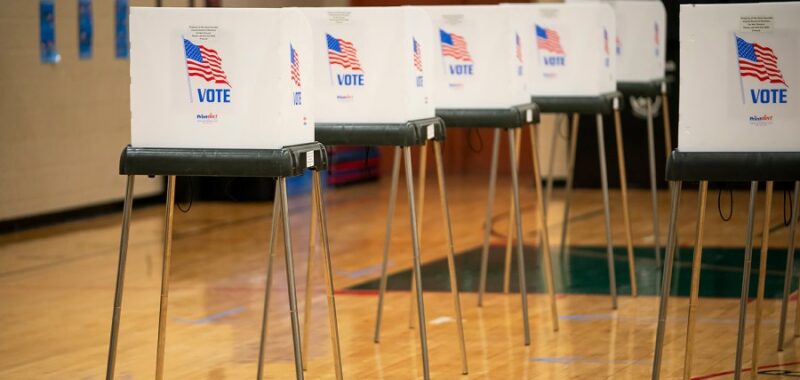
Millions of Americans vote in presidential elections, yet most overlook the smaller races that shape their daily lives.
While the outcome of the presidential election is certainly the most consequential in our country, the respective voting power of each individual voter is significantly lower than when compared to local and state elections. We would do well to realize that through voting in these smaller elections, not only do we exercise significantly more political power, but we also give ourselves greater control of our own lives.
It is often stated that local elections are critical, yet many of us neglect to participate in them. Voter turnout in the presidential election was as high as 67 percent, while many of the more local level elections in the U.S. can see turnouts as low as 5 to 15 percent. This disparity in turnout is particularly concerning given that local policies often have the most direct effects on our daily lives.
Local officials set property taxes and budgets for public services, playing an important role in how tax dollars are spent. They manage infrastructure and public work projects, maintain the quality of local roads, and are responsible for fire departments and emergency services, which greatly affect public safety.
School funding and curricula are also decided by local school board members, meaning these elections will not only have a significant impact on your life but on your children’s as well. Increased participation in local politics is heavily correlated with increased school budgets, leading to higher quality of education and improved outcomes for students. It is important to recognize the power of engaging in these decisions and ensuring they are made by a broad representation of the community.
The consequences of this disengagement are evident in recent events.
Consider examples of how small, vocal groups have driven significant changes at the local level. Bans on books in schools provide a good example: The Washington Post found that of 1,000 challenges to books, a mere 11 people were responsible for the majority. In Clay County, Fla., a single person was responsible for the removal of 100 books. Many seem to be opposed to these book bans but unwilling to put in the effort to stop them from happening.
Zoning laws also become a victim of this. Small groups of people, if sufficiently vocal and persistent, are able to delay or block housing developments, exhibiting tremendous influence on housing policies in their communities. Restrictive zoning laws contribute to the housing crisis, driving up costs and limiting access to affordable homes for working families.
Anti-abortion groups wield significant influence through their active local political engagement. Groups like the Americans United for Life drafted proposed legislation for trigger laws, which were designed to be implemented should Roe v. Wade ever be overturned. These laws were enacted in over a dozen states following the Dobbs v. Jackson Women’s Health in 2022. These laws were passed at a state level, but local governments can also pass zoning and health ordinances that affect abortion access.
One of the most unique aspects of the U.S. is the degree to which state and local governments are given control. Of course, the federal government provides the framework, but smaller governments have substantial room for enforcement and interpretation. By only voting in federal elections, we are ceding a tremendous capacity for influence.
I understand that voting in local elections can be a harder process. They are more frequent and often don’t feel as important as larger federal elections. We don’t see the results on the news, and discussions about politics rarely touch on local elections. For the benefit of the entire nation, more needs to be done to increase accessibility and awareness and the significant ramifications local government can have on your life, and the lives of those you care about. Expanding civic education and simplifying voting processes are essential first steps.
As a nation, we are nothing but a collection of smaller states and local governments. Without active participation, small, unrepresentative groups will dictate policies that shape our daily lives.
Howard Cravens is an optical engineer and is currently pursuing an M.S. in optics and photonics at University of Central Florida.

